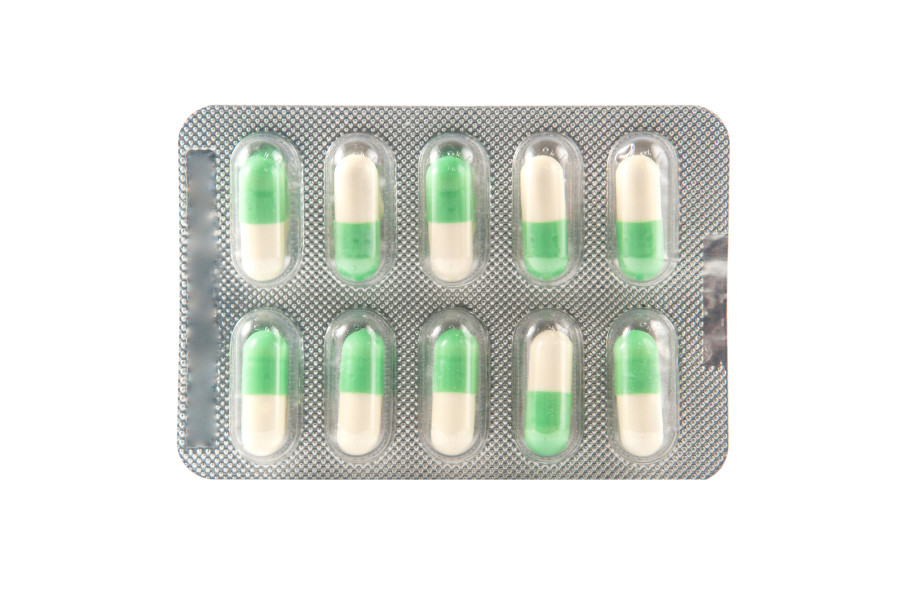The use of oxytocin (brand name Pitocin or “Pit” for short) during labor does not increase a child’s risk of developing attention deficit hyperactivity disorder (ADHD) in childhood, according to a large new research study.
What is oxytocin?
Oxytocin, both the natural hormone that the body produces and the synthetic form of the drug, helps uterine contractions remain regular and strong to assist during labor and to decrease bleeding after delivery. It is considered an essential medicine by the World Health Organization because of its important role in safe delivery for women worldwide.
What did other research show?
Prior research studies suggested that there might be a relationship between the use of oxytocin and the development of ADHD in the children exposed in utero (in the womb) during labor and delivery. But the findings of those studies were based on small numbers of participants. These studies recommended that a larger study was needed to confirm or deny their findings.
Why is this study better?
Because many of the Scandinavian countries have national health care systems, they have databases that contain health information on most of the population. In these countries, it is much easier to pull together large numbers of medical records to study health outcomes.
In a study recently published in the journal Pediatrics, researchers identified over 4500 Danish children who were diagnosed with ADHD or were taking medications to treat ADHD. Then they searched the records of over half a million Danish mothers to see who had received oxytocin during labor. By comparing kids with and without ADHD and the moms who did and didn’t receive oxytocin during labor, the researchers found that kids with ADHD were no more likely to have moms who had received oxytocin than moms who had not.
Conclusion
This is good news, because many women benefit from the effects of oxytocin during labor. While every woman does not need labor stimulation, for the women and babies who do, the drug helps the birthing process proceed faster and decreases the risk of postpartum hemorrhage (bleeding). When needed, oxytocin can be life-saving. Knowing that this large study found that using oxytocin does not increase your baby’s risk of developing ADHD is very reassuring.
That’s one less thing to worry about during labor!

